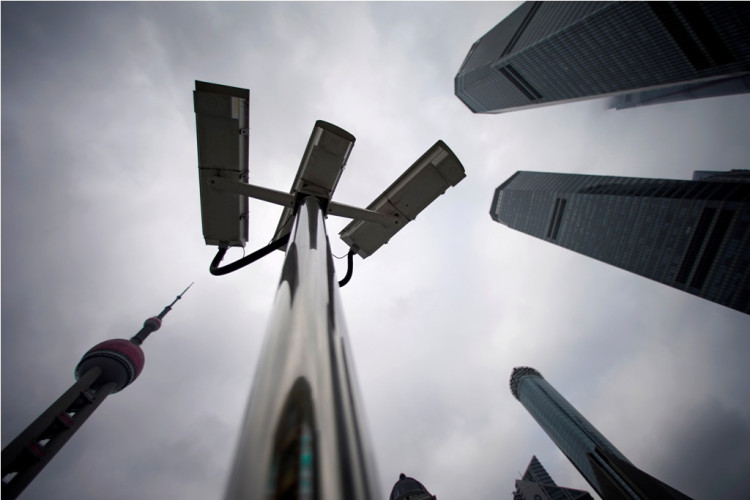The surveillance industry of China's global ambition is starting to take shape following its success in the mainland, driven by the government's drive to install high-end surveillance technology on every street corner across the country.
The world's second-largest economy's plan to sell beyond its borders is threatened by the recent plan of the United States to stop the supply of United States components to Hangzhou Hikvision Digital Technology, the world leader in video surveillance, and four other Chinese companies.
The technology tension between China and the United States continues to escalate. A number of Western countries continue to criticize China's surveillance system. Nevertheless, this same system appears to have caught the attention of several countries which led them to partner up with the Asian superpower in the implementation of the said system in their own country.
The Western superpower first targeted Huawei Technologies through an executive order that bans Chinese companies from directly purchasing semiconductor supplies from American firms.
The Tump Administration required all American firms to ask for permission from the government to sell tech supplies to Chinese firms. The surveillance companies were the latest addition to the United States blacklist.
Yi Wang, a senior analyst at global financial service company Moody's, said that if the Trump administration imposes restrictions on Hikvision's access to equipment produced by U.S. companies, it might cause operational risk to the Chinese video surveillance solutions provider since the company essential components such as chips imported from the U.S. for some of its leading-edge products.
Key suppliers to the government are at risk includes Megvii, a facial recognition startup recently completed a $750 million funding round in May, Zhejiang Dahua Technology, Hikvision's domestic rival, Meiya Pico, a cybersecurity company, and iFlytek, an artificial intelligence solution provider.
China Security & Protection Industry Association, a Beijing-based regulating body, reported that the country's surveillance and safety industry doubled sales from 235 billion in 2010 to 490 billion yuan in 2015. It also projected that the sales of Chinese surveillance products will strongly rise to 800 billion yuan by 2020.
The number of surveillance companies in the country widened by 20% to more than 30,000 in 2015 from 2010.
HIS Markit reported that China employed about 176 million video surveillance cameras to monitor China's streets, buildings and public spaces in 2016.
The Chinese government's rural surveillance program, known as "Sharp Eyes" and its urban "Skynet" and "Safe Cities" networks were launched to defend the civilian population from threats of crime, terror and natural disasters.






